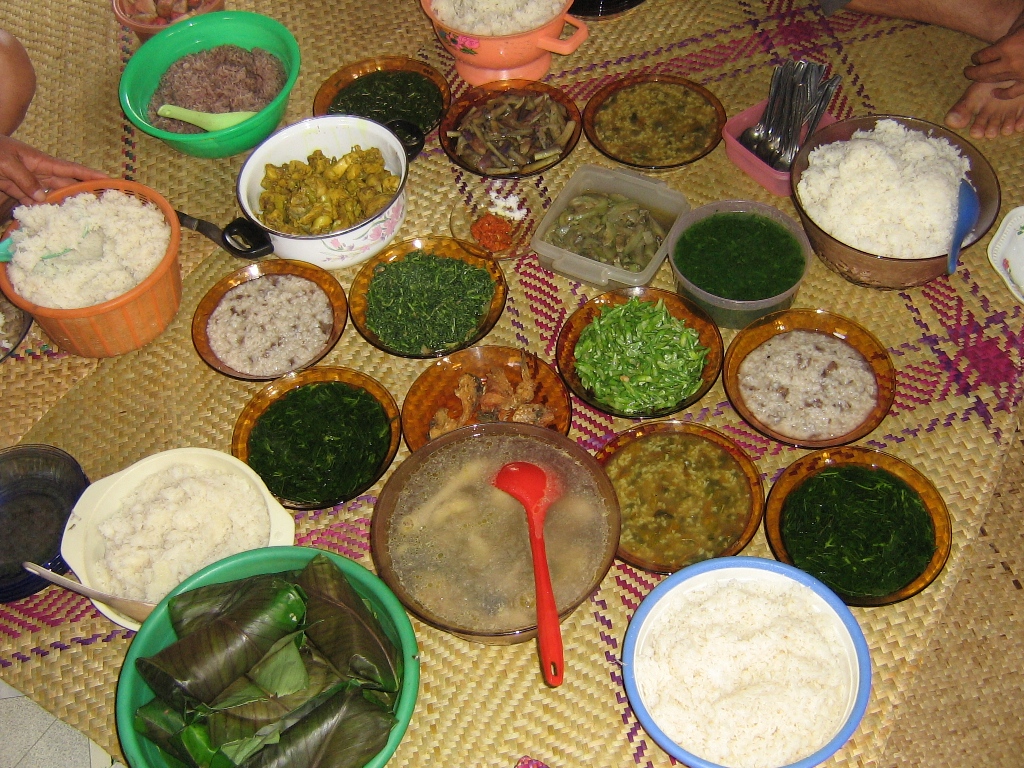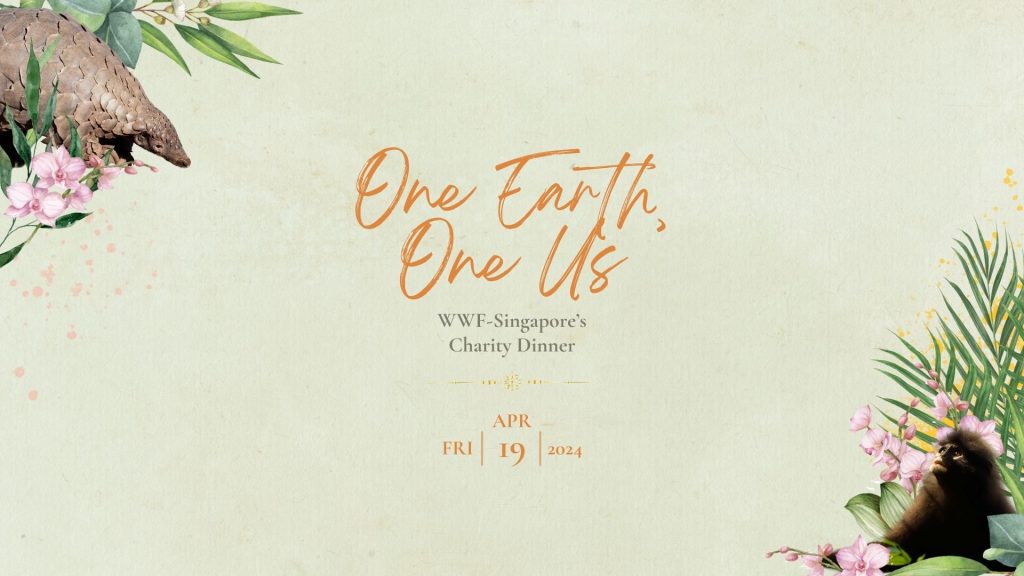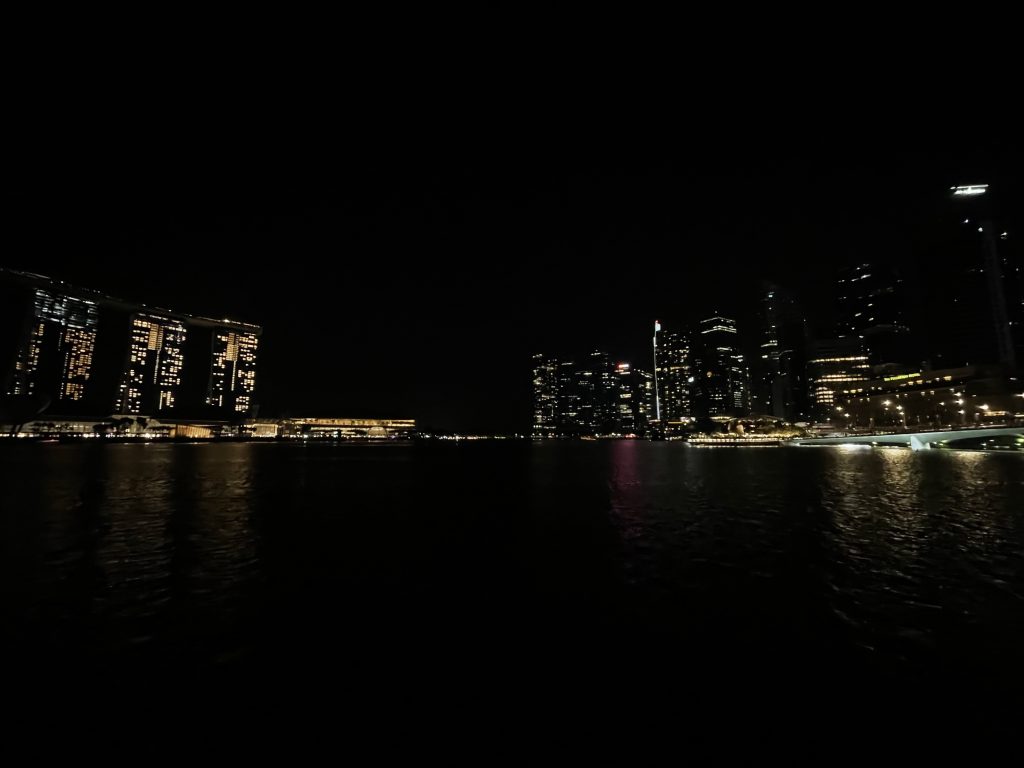By Cristina Eghenter
Slow food is more than just sustenance: local, organic food is an expression of way of life and traditional knowledge in the Krayan Highlands
On April 1st 2011, at the end of the inauguration of the Cultural Field School (CFS) in the outskirts of Terang Baru, in the Krayan Highlands, participants and VIP guests walked towards the church where the women of Terang Baru had organized the lunch reception.
The food was displayed in abundance in many typical containers and bamboo plates, over a long table. There were familiar, local dishes: white, red and black adan rice, the traditional soft rice (luba laya) and many dishes of rice cooked like a thick soup with a variety of vegetables, locally known as bitter. There was buffalo meat and fish from the irrigated rice fields and streams.
There were all sorts of vegetables from the forest, ranging from sprouting rattan stems to wild leaves, red ferns and palm hearts that had been fried, boiled and grilled by the women of Terang Baru according to traditional and delicate recipes.
And then there was the inevitable flavor-sparkling shallot and hot-chili paste, and the mountain salt produced in the Highlands in the Heart of Borneo. But the rest of the menu was nothing so usual. Food items with strong aroma and unsual shape dotted the table. Could not recognize most of them.
The strangest was a gelatinous product, black in color and white striped, looked like a big candy in the pot. The texture was smooth and tasted great. It turned out to be a budding mushroom that grows in the rice fields right after harvest, with a short growing season. Next to it were what looked like small white beans, but were instead the larvae of honeybees savourly cooked.
A feast of unusual and great taste, an incredible variety of organic food from the forest, gardens and rice fields of the highlands. It felt like a culinary adventure of unusual gratification. But it was not only that. It was also the realization that the food we were having was a special, unique, local food originating from ingredients cultivated or gathered from the land and prepared by the women over the fireplace. It was local food with ancient taste, rich food with wild ingredients that only local people could know, recognize and use with such culinary mastery. It felt like a real ‘slow food’ experience in the Krayan Highlands and reminded me of the ‘slow food movement.’
The movement was born in Europe (Italy) as an initiative to counter ‘fast food’ and the globalization, uniformization of taste by preserving, protecting and promoting local, traditional food and ingredients that can only grow in certain places or maintain a special flavor because of the selected seeds, cultivation techniques, care and knowledge of the farmers, the water, sun and soil quality of that place.
The “slow food” movement is more than just about food. It is about the culture and traditions around the cultivation of plants, about the communities’ traditional and environmental knowledge embodied in food production. The food is expression of local culture and the linkages of the people with the environment around them. This added value is what makes ‘slow,’ local and traditional food worth preserving and promoting, and the local culture and knowledge that have produced it worth protecting with the recognition of collective intellectual property rights.
“Slow” food becomes, at the same time, the product and illustration of sustainable ways of production, traditional knowledge and skills, heritage and culture, and natural health. This is when food conveys care for what is local, family, and special. The traditional food of the Krayan Highlands can really be a feast for the senses and the heart, and excites our social minds.














